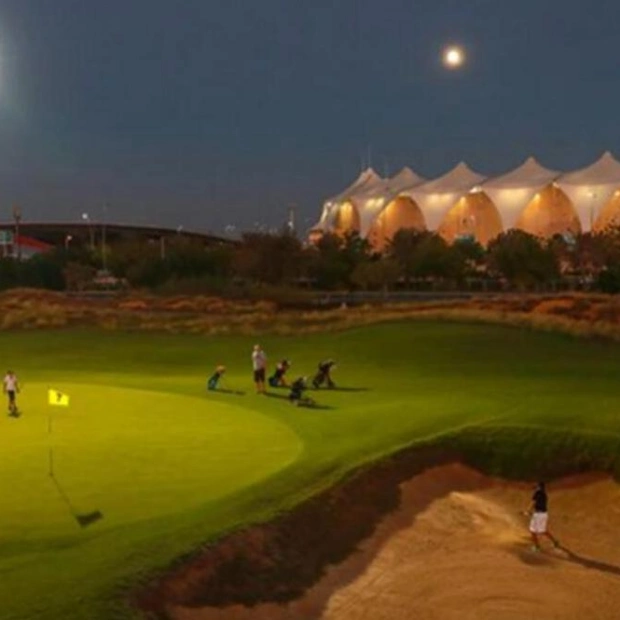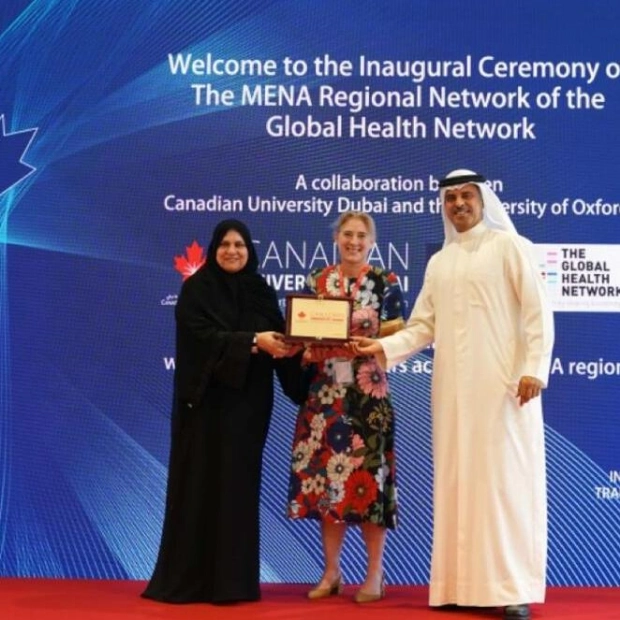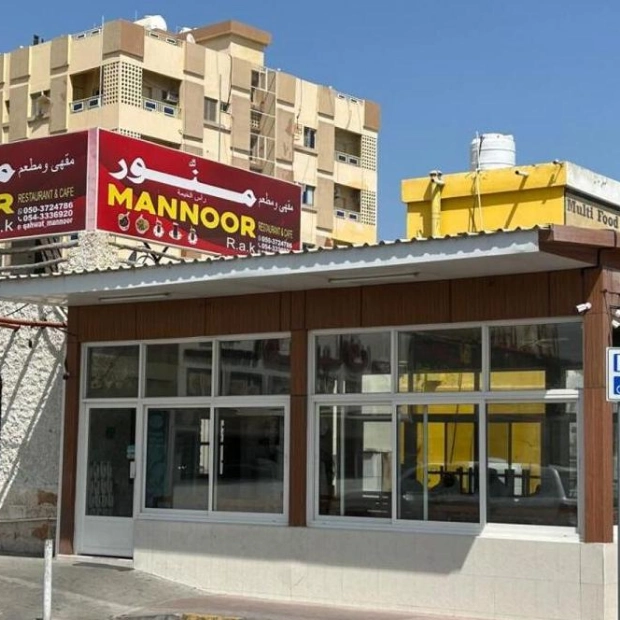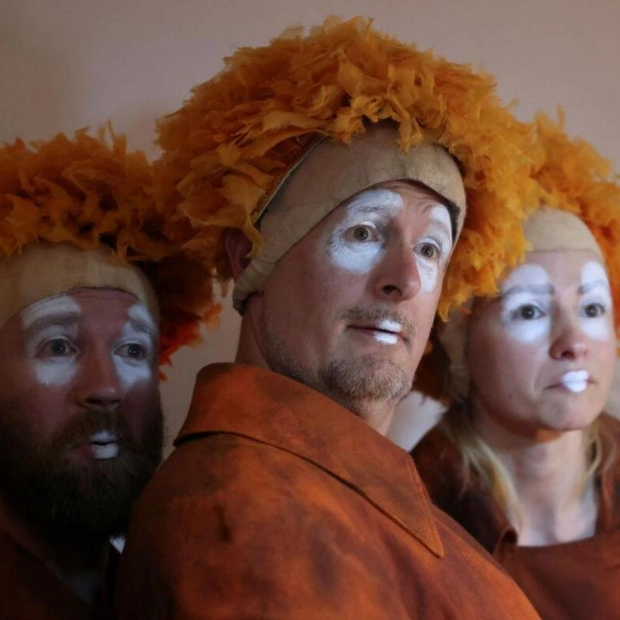Sebastian Coe has pledged to implement an “uncompromising and clear-cut” policy to safeguard women’s sport and to consider awarding prize money to all Olympic medalists if he is elected as the International Olympic Committee (IOC) president. In a strong indication that Coe aims to be the candidate of change in the upcoming March election, the World Athletics president also vowed to make the IOC more transparent and democratic, and to better utilize the talents of the organization’s membership.
Coe, who oversaw the London 2012 Games and is a double gold medalist, boasts the most extensive resume among the seven candidates vying for the top position in global sports politics. However, no Briton has held the presidency since the IOC’s inception in 1894, and his candidacy faces opposition from the current leader, Thomas Bach, with whom he had a falling out after World Athletics banned Russian athletes.
In his first major interview since announcing his candidacy, Coe emphasized that he would not be a “vanilla” candidate, with the integrity of sport being a cornerstone of his manifesto. This includes establishing much clearer rules regarding transgender athletes and athletes with differences of sex development competing in the female category. When asked if he believed the current IOC guidance on this issue was too ambiguous, he responded: “Yes, I do.” He also promised to provide “uncompromising” guidance to sports if elected.
“It must be a clear-cut policy, and International Federations should have some flexibility,” he added. “But it is the IOC’s responsibility to create that framework. It’s a very clear proposition to me – if you do not protect the female category, or if you are in any way ambivalent about it for whatever reason, then it will not end well for women’s sport. I come from a sport where that is absolutely sacred.”
The issue gained significant attention at the Paris Olympics boxing tournament, where Algeria’s Imane Khelif and Taiwan’s Lin Yu-ting both won gold medals after being banned from the 2023 world championships. The International Boxing Association (IBA) stated that both fighters had “male DNA consisting of XY chromosomes.” However, the IOC allowed Khelif and Lin to compete in Paris, stating they were female according to their passports, and accused the IBA of violating medical and ethical norms by disclosing the test results.
When asked if he was uncomfortable with the boxing events in Paris, Coe replied: “I was uncomfortable.” Earlier this year, World Athletics introduced a $50,000 prize for all gold medalists in Paris. Coe made it clear that he wanted this policy extended to all sports in future Games, given the IOC’s financial capability.
Coe has been commended at World Athletics for his efforts in combating doping, including the establishment of the Athletics Integrity Unit, banning Russia, and ensuring a gender-equal board. However, he insisted that his greatest strength was his ability to build consensus. “One of my strengths is being good at building teams,” he said. “I did it in London. I did it at the National Olympic Committee. I did it at World Athletics. And I genuinely work by consensus. But that doesn’t mean I’m not prepared to make tough decisions when necessary.”
When asked if the IOC needed to become more democratic, Coe agreed. “You have to give the members more voice. We have exceptional people in our membership, and I want to ensure they are fully utilized to their maximum potential. There are individuals in the movement who would be top picks for any international board. And I’m not just talking about commercial experts – we have cultural leaders, filmmakers, educators, coaches, athletes, media owners, royal families, and politicians.”
Coe also expressed his belief that he could be a catalyst for change. “I have been preparing for this role for most of my life,” he said. “I think I can make a difference, and I do have a plan and a vision for what that difference looks like. I believe change is necessary, but it must be respectful, sensible, and thoughtful, without risking destabilization. We are in a rapidly changing landscape, and change is absolutely crucial. I have a deep passion for the Olympic movement. It has been my life.”
Source link: https://www.theguardian.com






